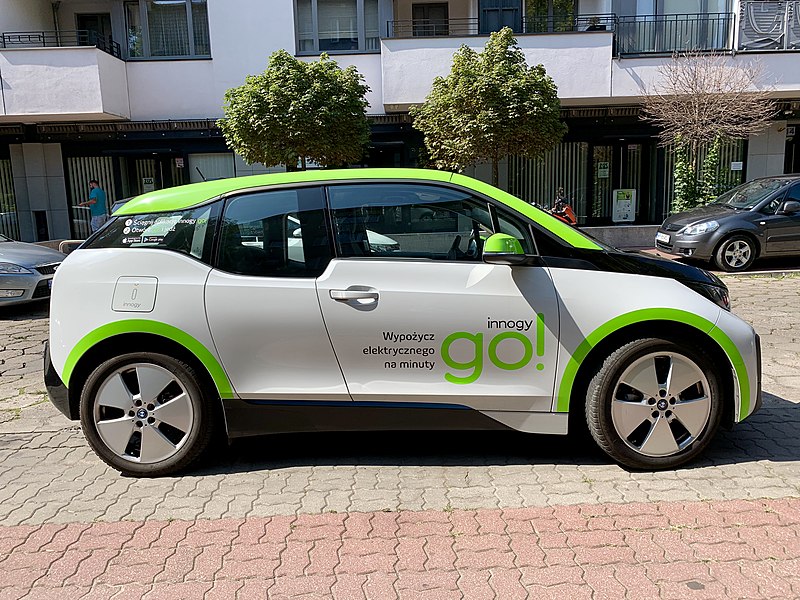
Poland has one of the lowest proportions of fully electric passenger cars in the European Union, with only 0.2% of its vehicles being battery-electric in 2023, according to new data from
Eurostat. This places Poland at the bottom alongside Cyprus and Greece.
In contrast, Denmark leads the EU with 7.1% of its passenger cars being fully electric, followed by Sweden (5.9%), Luxembourg (5.1%), and the Netherlands (5.0%). Across the EU, battery-only electric cars accounted for 1.7% of all cars in 2023.
Poland has lagged behind other EU countries in developing electromobility and has also fallen short of its own targets. In 2016, the then Law and Justice (PiS) government aimed to have one million electric vehicles on Polish roads by 2025. However, due to low adoption rates of subsidies for electric vehicle purchases, this target was revised in 2019 to 600,000 electric and hybrid vehicles by 2030.
By the end of 2023, Poland had only about 52,100 battery electric vehicles (BEVs) registered, according to the Polish New Mobility Society (PSNM). By the end of May 2024, this number had increased to just under 60,000. Including hybrid cars, Poland had just over 115,000 electric vehicles by May 2024.
Poland also has a limited number of electric car charging points, with just under 7,000 as of May 2024. In comparison, the Netherlands has around 154,000 charging points, the UK has 75,000, and Spain has 28,600.



































